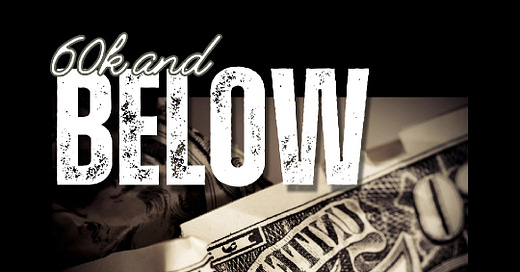At the heart of societal dynamics among European Americans lies a profound and pervasive distrust. This distrust manifests as an irrational fear between opposing political factions—the right fears the left, and the left fears the right. This fear is not merely an emotional response; it has philosophical implications that shape our community identity and social fabric.
The Ontology of Fear
Fear is a fundamental aspect of human existence. However, when fear is rooted in misunderstanding and societal conditioning, it creates a barrier to genuine connection. From childhood, individuals are socialized to adopt distrustful attitudes, often modeled by parental figures. This trust deficit is perpetuated through selective narratives, where avoidance of others is justified by unfounded fears. Consequently, this cultivates an environment where competition supersedes cooperation, and individuality becomes a source of isolation rather than community.
The Epistemology of Mistrust
Central to this argument is the epistemological aspect of mistrust. Children are often trained to believe in the integrity of institutions, including the police, as protectors of societal order. Yet, as they mature, many confront the disillusionment that these institutions often fail them, exposing a gap between the promised protection and the reality of their experiences. This shift from trust to skepticism not only alters their perception of authority but also instills a broader sense of alienation from society.
The narrative of childhood—filled with myths like the Tooth Fairy or Santa Claus—further complicates this trust. These tales, while seemingly innocuous, reflect a deeper cultural pattern: the acceptance of deception for comfort. When individuals realize that foundational beliefs have been constructed on falsehoods, it challenges their understanding of truth and reality, leading to existential crises that manifest as increased insecurity and inadequacy.
The Ethics of Honesty
If familial and societal figures are the initial sources of deception, we must consider the ethical implications of this practice. Honesty is a cornerstone of trust, and without it, relationships fracture. The cultivation of an environment where individuals are encouraged to question rather than accept is essential for fostering authentic connections. We must advocate for transparency with future generations, teaching them to navigate a world where trust is earned, not assumed.
The Path to Community
The consequences of this distrust are significant. It fuels a competitive spirit that prioritizes self-interest over communal well-being, creating a culture that views others as potential adversaries rather than allies. As individuals grapple with their internal conflicts, they often project their insecurities onto others, perpetuating cycles of hostility and division.
To build a cohesive community, we must confront the underlying philosophical tenets of our socialization. Recognizing the cyclical nature of distrust and its impact on societal relationships is crucial. Only by addressing these foundational issues can we hope to cultivate a sense of belonging and solidarity among European Americans, allowing for a more harmonious existence that transcends division.
In conclusion, the challenge before us is not merely one of personal change but a collective awakening to the necessity of trust and honesty in our social interactions. By fostering a culture that embraces transparency and holds institutions accountable, we can dismantle the fear that divides us and lay the groundwork for a more unified community.



